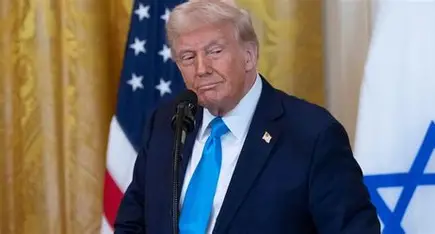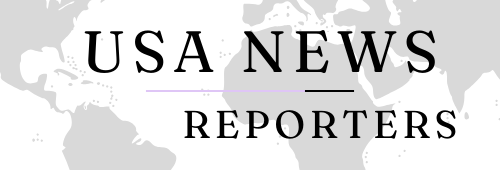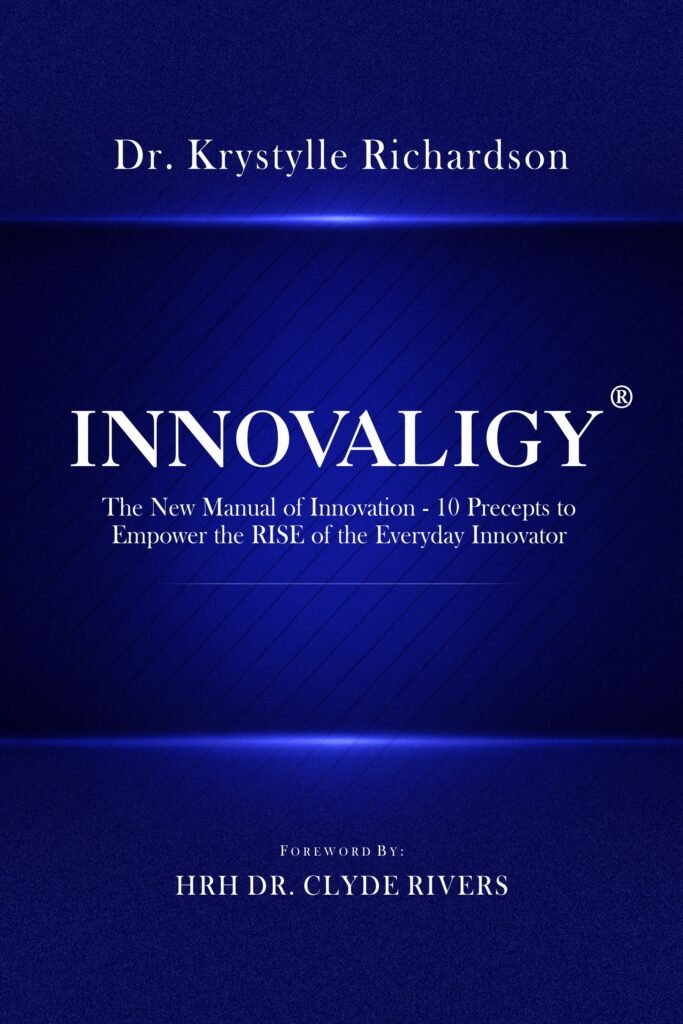Why the courts may be the last constraint on Trump but may not contain his power grabs

The new Trump presidency has arrived at a critical juncture where the courts have become the central battleground for his expansive use of executive power. This legal showdown underscores the judiciary’s role as a potential last line of defense against what many see as unprecedented challenges to constitutional norms and democratic principles.
On Thursday, the White House faced significant legal obstacles in its aggressive bid to reshape the federal government. A federal judge in Massachusetts extended the deadline for federal employees to accept deferred resignation offers, pushing it to at least Monday. Simultaneously, two judges issued temporary blocks against Trump’s controversial attempt to end birthright citizenship, a cornerstone of the administration’s hardline immigration policy. These rulings reflect growing judicial resistance to executive actions perceived as overreaching.
Adding to Trump’s legal woes, two labor groups representing USAID employees filed a lawsuit against his administration for attempting to dismantle the agency. USAID has been instrumental in global humanitarian efforts, and the lawsuit challenges the administration’s authority to shut it down without congressional approval. This legal action highlights the broader struggle over the separation of powers and the limits of presidential authority.
Since Trump’s return to office, numerous lawsuits have been filed challenging his executive decisions, signaling a legal system bracing for an onslaught of constitutional battles. These cases are not just procedural skirmishes; they are pivotal tests of the judiciary’s ability to check presidential power. The outcomes will likely have profound implications for the future of American democracy, potentially redefining the scope of executive authority.
Massachusetts Senator Ed Markey emphasized the judiciary’s critical role, stating that the courts must uphold the Constitution against attempts to rewrite fundamental legal principles. He criticized the administration’s reliance on figures like Elon Musk in government roles, arguing that such appointments undermine constitutional governance. Markey’s comments reflect broader concerns about the erosion of legal norms under Trump’s leadership.
Despite the courts’ efforts, there are limits to their ability to curb Trump’s actions. Legal battles can be lengthy, and even unfavorable rulings can be framed by Trump as evidence of his political strength. Moreover, with a conservative-leaning Supreme Court, many of Trump’s executive actions may ultimately receive judicial endorsement. The Court’s past rulings have shown a tendency to support expanded presidential powers, further complicating efforts to constrain the administration.
Trump’s push to purge federal workers illustrates the administration’s broader strategy to consolidate power. The temporary halt on the resignation deadline has provided a brief respite for affected employees, but the underlying legal questions remain unresolved. The administration’s actions have raised concerns about the legality of using executive authority to unilaterally alter federal employment structures, particularly when such changes lack congressional backing.
The legal battles over birthright citizenship are particularly significant. Judges have cited clear constitutional protections, arguing that the 14th Amendment unequivocally guarantees citizenship to all individuals born on U.S. soil. These rulings underscore the judiciary’s role in upholding constitutional rights against executive overreach. However, the administration’s willingness to challenge long-standing legal precedents reflects a broader strategy to reshape American citizenship and immigration policy through executive action.
The potential for a constitutional crisis looms large, especially if the administration chooses to ignore court rulings. The Justice Department, now firmly under Trump’s control, plays a crucial role in enforcing judicial decisions. If the administration refuses to comply with the Supreme Court, it would trigger an unprecedented legal and political crisis, challenging the very foundations of American democracy.
This scenario raises profound questions about the resilience of constitutional checks and balances. The impeachment process, traditionally a remedy for presidential misconduct, appears ineffective given the current political landscape. The Republican Party’s reluctance to hold Trump accountable has undermined this critical mechanism, leaving the courts as the primary institution capable of challenging executive overreach.
As legal challenges continue to mount, the judiciary’s ability to assert its authority will be tested like never before. The outcomes of these cases will not only determine the fate of Trump’s policies but also shape the future of American governance. The courts stand as a beacon of constitutional integrity, but their effectiveness depends on the administration’s willingness to respect judicial authority—a principle that is increasingly under threat in the current political climate.
Stay ahead with the latest news on global innovation, leadership, entrepreneurship, business, and tech. Join us on WhatsApp or Telegram for real-time updates. Have a report or article? Send it to report@theinnovationtimes.com.
Follow us on X (Twitter), Instagram, LinkedIn, YouTube, Pinterest and Facebook for more insights and trends










